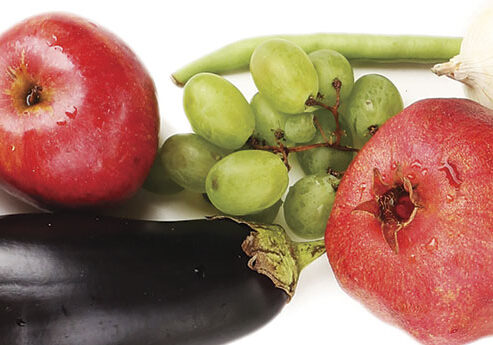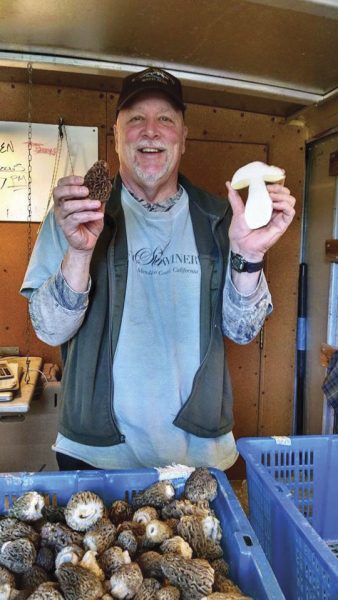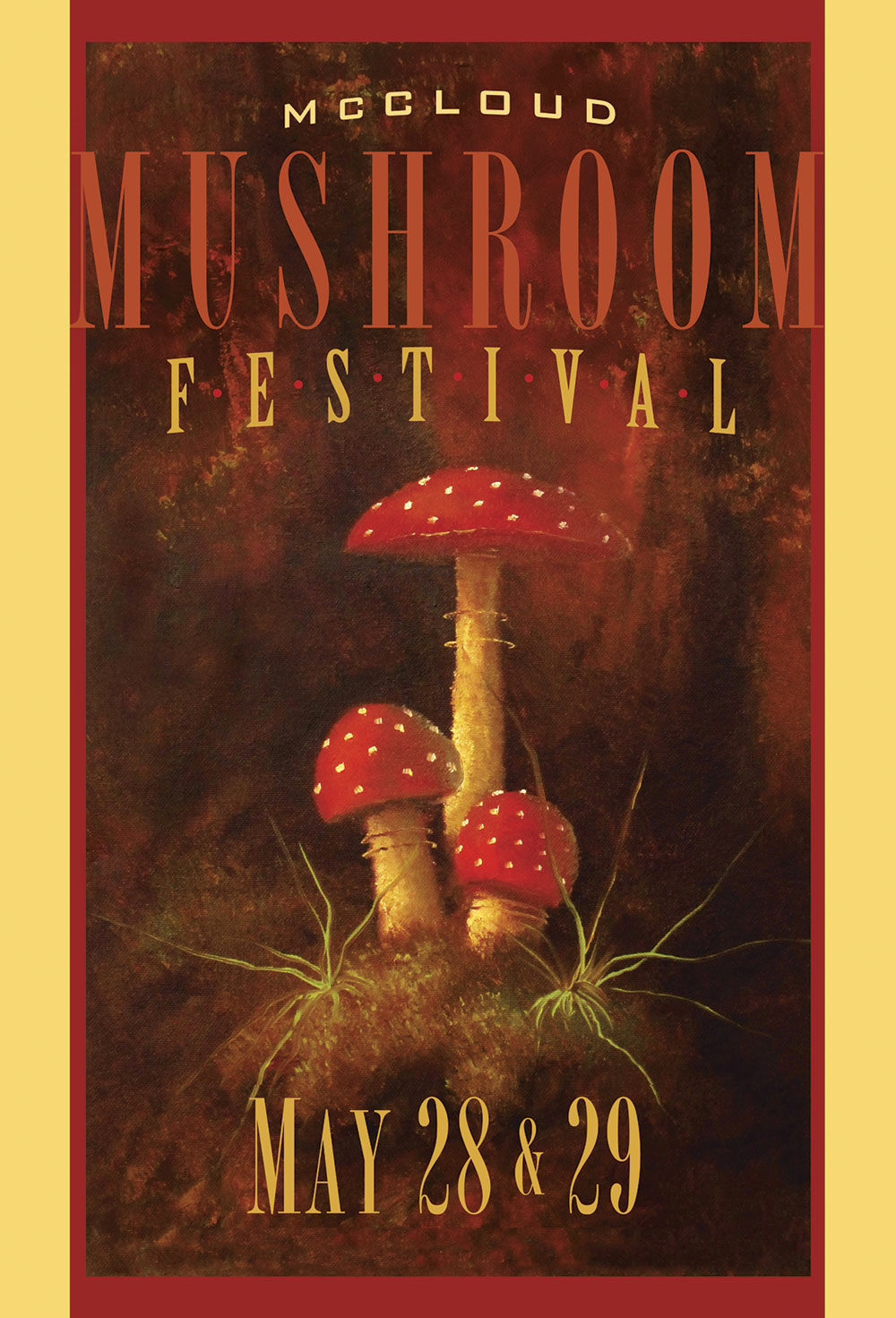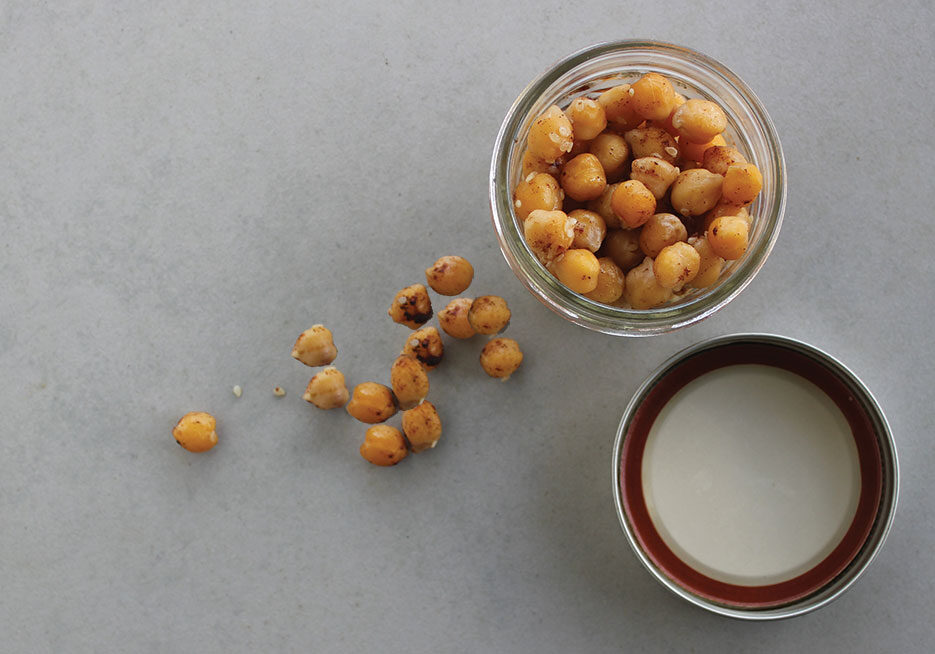Fungi. Gotta admit, that has a nice ring to it! Not all fungi, aka mushrooms, are created equal. However, one thing is for sure: the right ones can assist in cultivating health and balance in the body as well as the environment, and they can taste pretty darn amazing!
Mushroom’s synergistic relationship with the forest, and frankly with all nature, goes beyond what meets the eye. Woven and intertwined, an intelligent web of fungi mycelia (typically white and stringy) fills in gaps in trees, plants and forest floors.
Mycelium is much more than simply filler – it’s a necessary connector, allowing for a vital exchange of nutrients. As vegetation receives protection against pollutants, drought and stress, in return the fungus acquires what it needs to grow, reproduce via spores, and to yield the “fruit” (mushrooms) seen in forests and our markets.
Similar to a community, each fungi group has their own specific job. For example, the family of Saprotrophs, such as Turkey Tail and Morel, help with decomposition. The Pleurotus clan includes the not-so-unfamiliar Oyster mushroom that remediates soil and water issues by safely breaking down pollutants, including petroleum. Chanterelle and Porcini, considered part of the the Mycorrhizal group, empower vegetation to be drought resistant.
Fungi play an integral part in life on earth and we’re continually making new discoveries about their positive impacts on human health. Research reveals that many mushrooms, like Turkey Tail, Reishi and Maitake, can have a unique effect on our immune system via immunomodulation. In other words, they enhance our immune response by helping it adapt to environmental challenges whilst neither stimulating nor suppressing our immune system.
Many helpful nutrients are found in mushrooms, including beta-glucans, terpenes, antioxidants (especially in Chaga), protein, fiber, minerals such as copper, potassium and zinc, and B-vitamins. Mushrooms are known to help boost energy, mental clarity and memory (particularly with Lion’s Mane), as well as aid in muscle recovery, anti-inflammatory response (as with Cordyceps sinensis), cardiovascular health, and blood sugar regulation.
The distinctive fungus mentioned above, Reishi (aka Ganoderma Lucidum or Lingzhi), holds over 100 unique compounds that enhance vital organ and system functions, meriting it the title of panacea.
Mushroom nutrients vary based on when, where and what the fungus thrived on. Thoroughly heating mushrooms is crucial to unlocking their nutrients; otherwise they are mainly digested as fiber. Mushrooms are tastefully accommodating. They can blend into almost any dish or can happily play a starring role in a meal!
Eric Schramm, dubbed “the mushroom man,” equips chefs across the county with a culinary arsenal for outstanding cuisine through his business, Mendocino Mushrooms. His extensive knowledge of fungi is impressive. “Mushrooms teach us connection,” he says. “They touch every aspect of our lives whether we know it or not.”
This upcoming Memorial Day weekend, look for Schramm at the McCloud Mushroom Festival where he’ll be speaking on the topic. A quaint and rustic town, McCloud’s Main Street will be filled with live music and mushroom-related booths, seminars, cooking demos, and more! Not only will you feast your eyes on a varying array of fungi − you can also reserve your spot at an extraordinary mushroom dinner. Find out more at http://www.mccloudchamber.com, or call (530) 964-3113.
Eating mushrooms is an excellent way to enhance one’s health, but incorporating them into our diets in quantities needed for maximum benefit can be a challenge. Two West Coast companies, Mycoformulas and Host Defense, offer organic mushroom extractions that are a good option for those seeking an easy-to-ingest and readily available source of fungi.
Eric Cerecedes is director of the American Mycological Research Institute and founder of MycoFormulas, located in Southern Oregon. An advocate and public speaker on behalf of the history and benefits of fungi, Cerecedes encourages us to consider mushrooms in the same vein we do fruits and vegetables. “Mushrooms are a forgotten food group,” he says. “Over 2,000 mushrooms are either edible or therapeutic, and the average American is exposed to less than five of them.”
Do keep in mind that some mushroom species pose a threat to health and can even be life-threatening when consumed – a critical issue for those who forage for wild mushrooms. To be safe, stick to species offered by experts or at grocery stores.
An array of fresh and dried mushrooms are available at local grocers including Chico Natural Foods and Co-op; Berryvale Grocery in Mt. Shasta; Orchard Nutrition Center and Country Organics Marketplace in Redding; and local farmers markets.
Posted in: Localicious
Comment Policy: All viewpoints are welcome, but comments should remain relevant. Personal attacks, profanity, and aggressive behavior are not allowed. No spam, advertising, or promoting of products/services. Please, only use your real name and limit the amount of links submitted in your comment.
You Might Also Like...

Localicious: Hillside Poms
One of my fondest memories of childhood is spending hours with my cousins picking pomegranates from our grandmother’s tree and tirelessly working the sweet seeds free with stains and smiles […]

Playful & Light Holiday Treats
As we make our way through one more month of holiday treats, I wanted to bring in a little fun food play for my kids that wasn’t solely focused […]

Seasonal Edibles In Colors Of The Rainbow
Fruits and vegetables… simple, yet complex! We hear family, friends, and often ourselves announce goals to include more in our diets. Fruits and veggies can be the most beautiful foods […]

After-School Chefs: Localicious
A few years ago, I had the pleasure of touring the Edible Schoolyard in Berkeley. Students at Martin Luther King Jr Middle School spend class time each week in this […]






